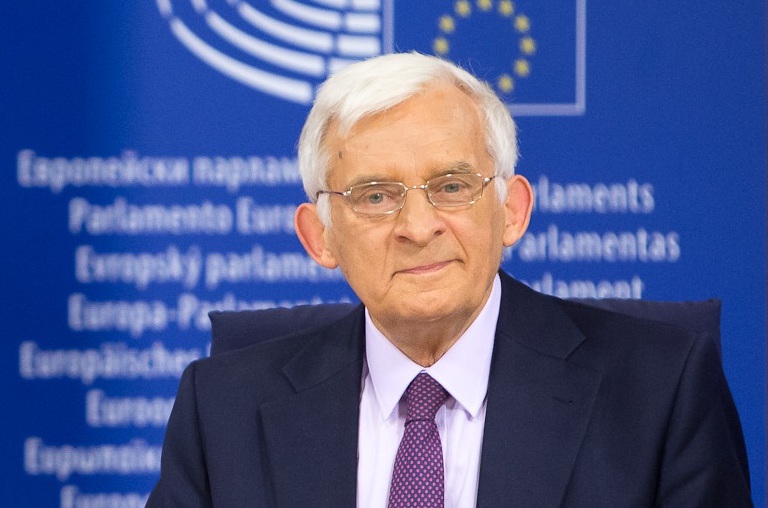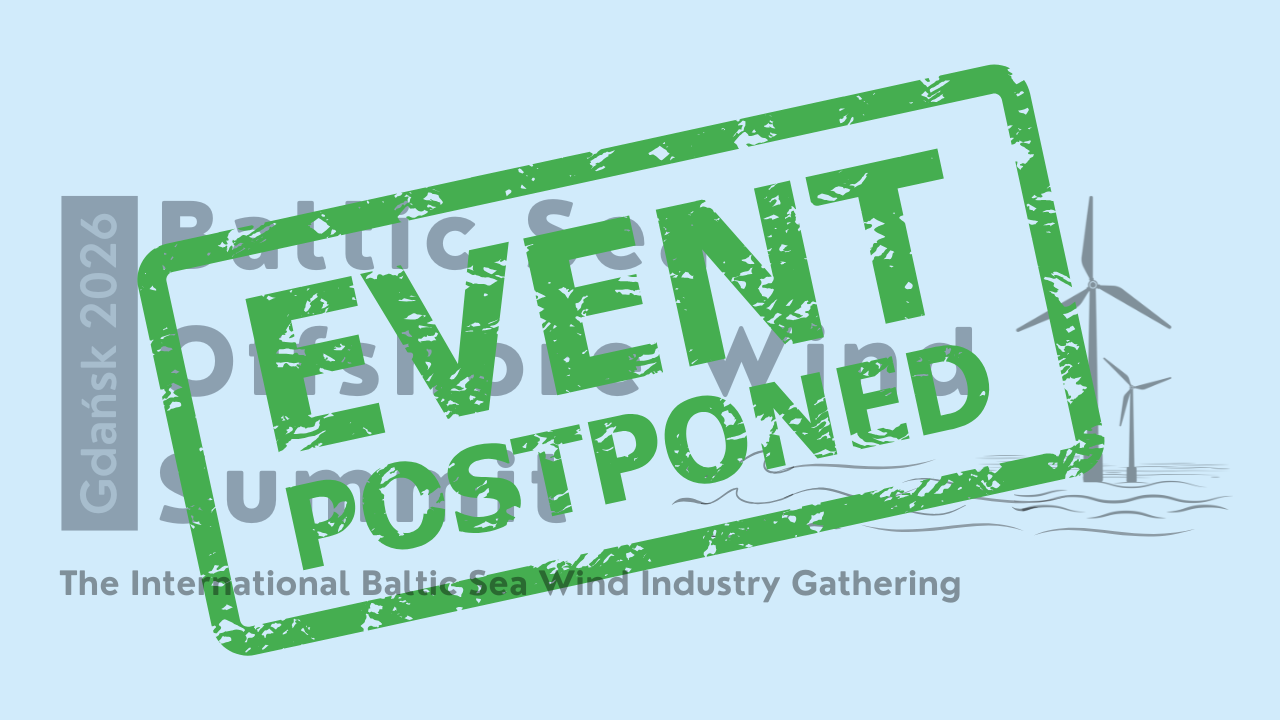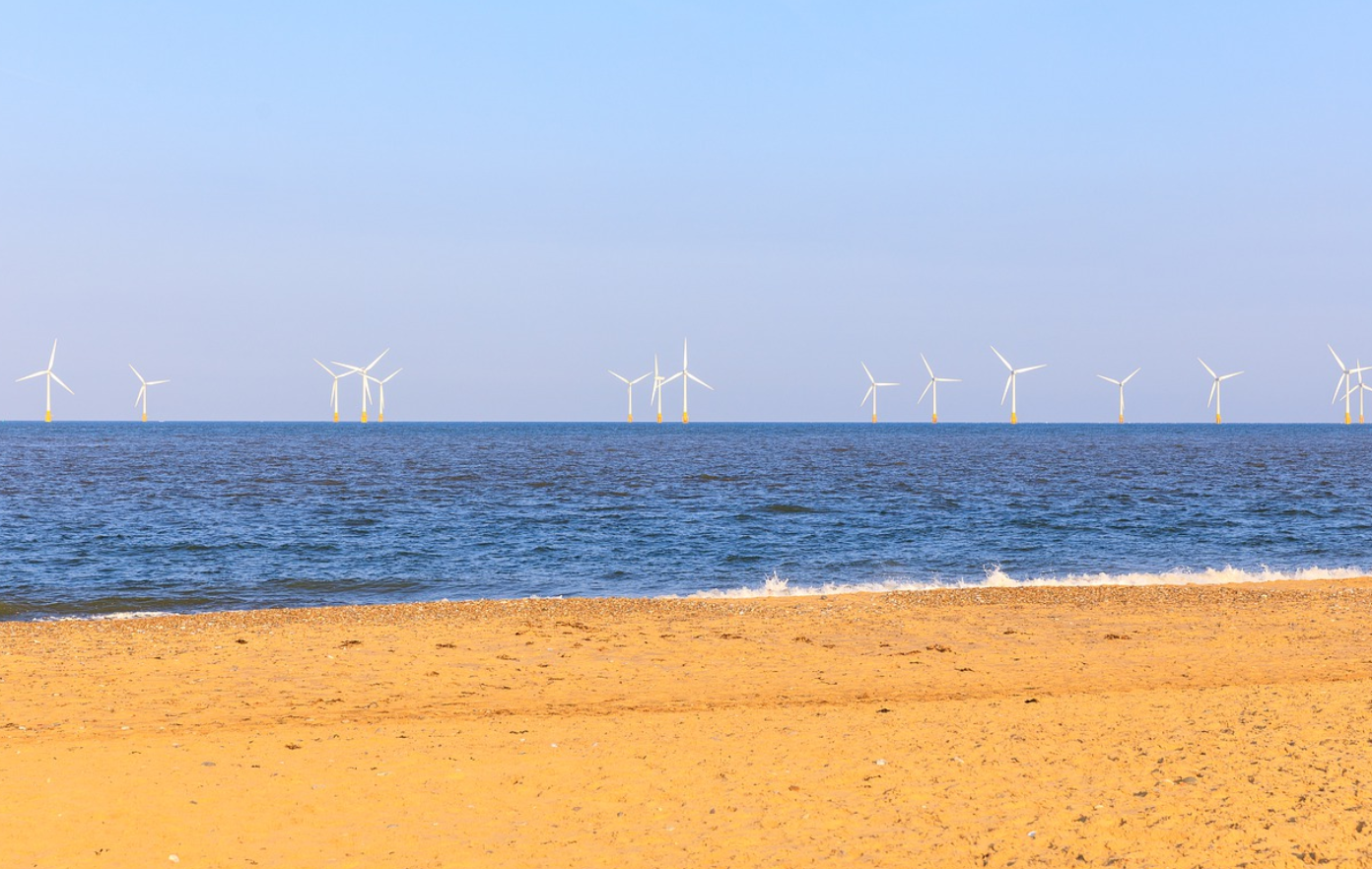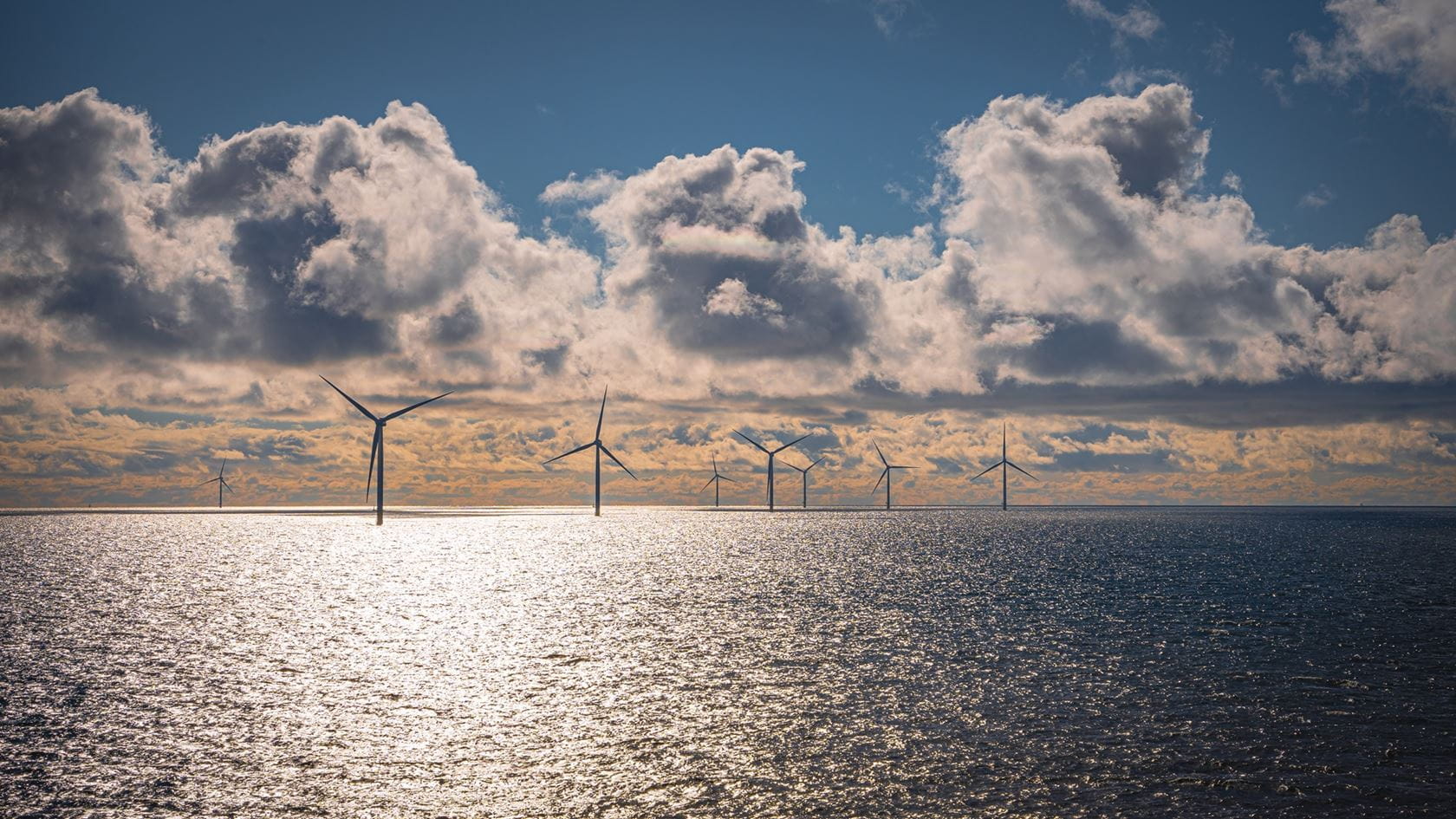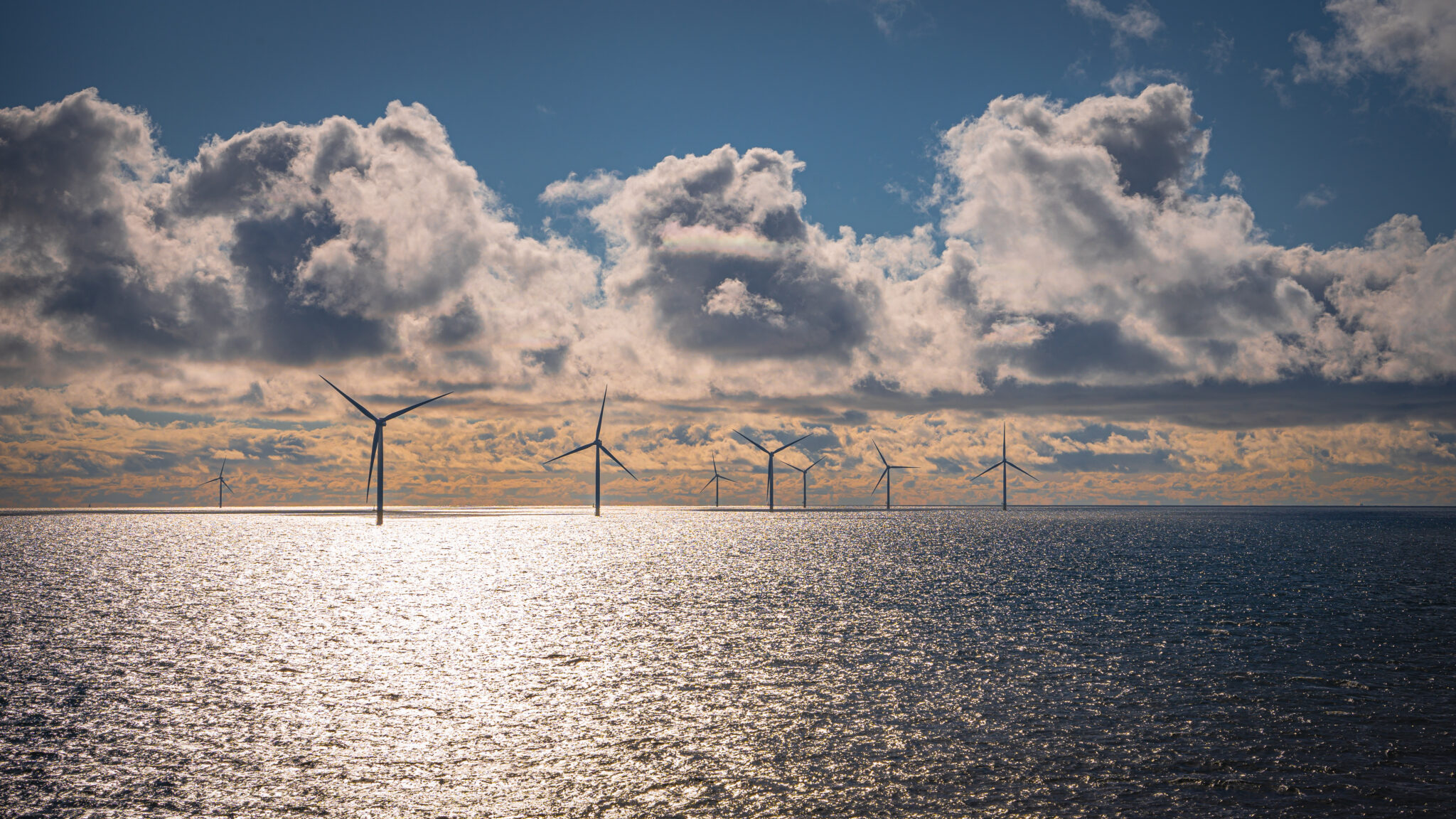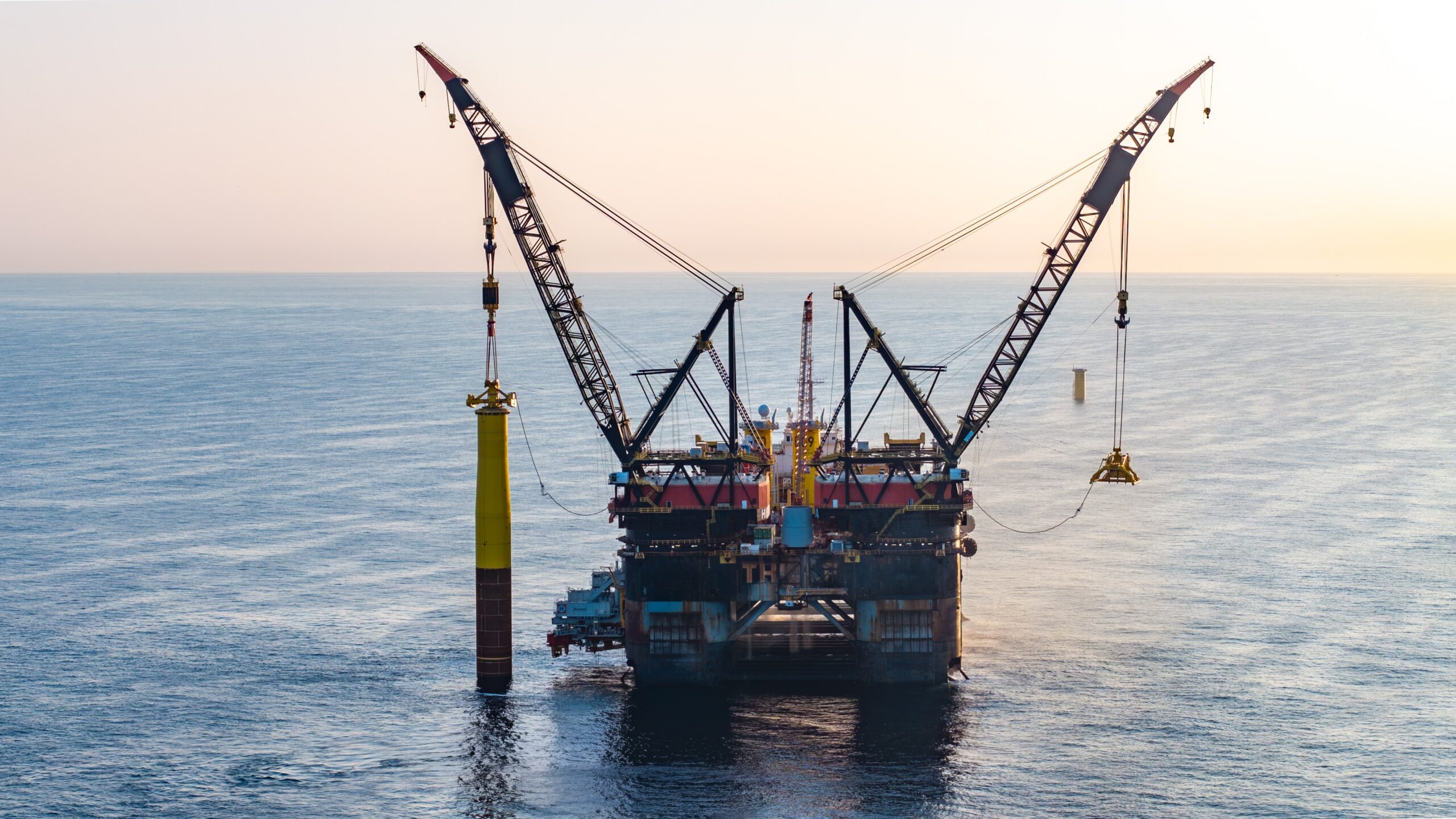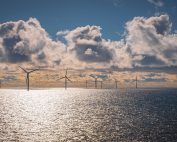The development of offshore wind energy in EU countries is associated with the need to speed up the issuance of permits for the construction of wind farms. The offshore wind industry has long stressed that the lack of fast and common procedures is one of the main bottlenecks that could prevent ambitious plans for 2030 and 2050 from being achieved. In this respect, in any event, national law must comply with the EU energy legal framework and State aid rules. This was also the subject of the European Commission’s response, published on 8 November this year. to a parliamentary question from the long-standing chair of the parliamentary committee on Industry and Energy (ITRE) MEP Jerzy Buzek on the conditions for development of the Polish offshore wind market.
The example of Poland is closely observed not only by EU institutions but also by participants of other markets in the European Union where this sector has a huge potential. The ongoing work in Warsaw on the criteria for investor participation in the second phase of support – for 2025 and 2027 – raises serious doubts about guaranteeing equal and non-discriminatory access to the auctions. Hence, the question to the European Commission – which in response has explicitly indicated that it is following closely the process of establishing regulations presented by the Polish Ministry of Infrastructure, which lists criteria for granting permits to investors for the location of offshore wind farms, as well as examining compliance with EU legislation. In particular, the EC checks compliance with the Renewable Energy Directive (REDII), as well as the Electricity Directive. EU rules require that for any national regulation of licensing, certification and concession procedures, countries must ensure that the rules are objective, transparent, proportionate and non-discriminatory towards applicants. This also applies to the rules of granting support for RES. In his comments to BalticWind.EU, MEP Buzek indicated that:
“The European Green Deal, including the European Union’s greenhouse gas emission reduction goals for 2030 and 2050, will only be achieved if all Member States contribute. In this context, for Poland it will be key to use among others full potential of the Baltic Sea and to boost development of offshore wind energy. However, it has to be done with full respect for EU law, rules and spirit of the EU internal energy market, free and fair competition as well as equal and non-discriminatory rules of the game for all investors. The end does not justify the means!”
The European Commission has indicated that it intends to hold discussions with the Polish authorities once its analysis is complete. Undoubtedly, the final solutions adopted by the Polish government will have to comply with EU law in order to enter into force effectively. This is in the interest of the entities that the government wishes to prefer so that they can be assured that the permits granted will not be challenged and taken away due to legal flaws in the process. This example highlights the need for more detailed permitting rules that are consistent for investors in EU markets. It is also important to create such conditions for investors that will accelerate investment development while respecting local conditions and competition rules.
